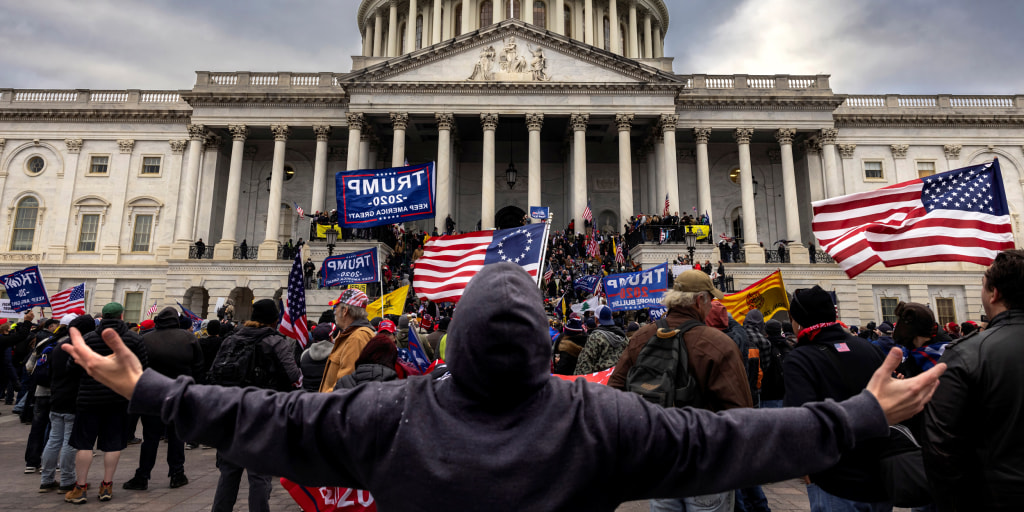Trump's January 6 Pardon Bombshell: A Last-Minute Gamble That Left Even His Inner Circle Reeling

The recent decision by Donald Trump to pardon over 1,500 of his supporters, who were charged in connection with the January 6 attack on the US Capitol, has sparked significant debate. This move by Trump went beyond what he initially suggested just a month prior, showcasing the depth of his commitment to his supporters. The January 6 attack was a pivotal moment in American history, with hundreds of Trump supporters storming the US Capitol in an attempt to overturn the results of the presidential election.
This pardon has significant implications, as it underscores Trump's influence over his supporters and his willingness to use his executive power to protect them. The move has also raised questions about the limits of presidential pardon power and the potential consequences for those involved in the January 6 attack. Critics argue that this pardon could be seen as an attempt by Trump to undermine the rule of law and the democratic process.
The January 6 attack resulted in numerous injuries, arrests, and even deaths, leaving a lasting impact on the nation. The subsequent investigations and charges brought against the perpetrators have been a subject of intense scrutiny. Trump's pardon of over 1,500 of his supporters has reignited the conversation about accountability and the consequences of violent actions.
The reaction to Trump's pardon has been mixed, with some of his supporters hailing it as a victory, while others, including lawmakers and law enforcement officials, have expressed concern about the potential consequences. As the country continues to grapple with the aftermath of the January 6 attack, Trump's pardon has added another layer of complexity to the ongoing debate about the balance between freedom of speech and the need to maintain public order.
It is essential to consider the broader context of this pardon, including the potential long-term effects on the US political landscape and the role of the presidency in shaping the nation's response to crises. The decision by Trump to pardon his supporters has set a precedent that may have far-reaching implications, influencing how future presidents approach similar situations and the expectations of their supporters.
